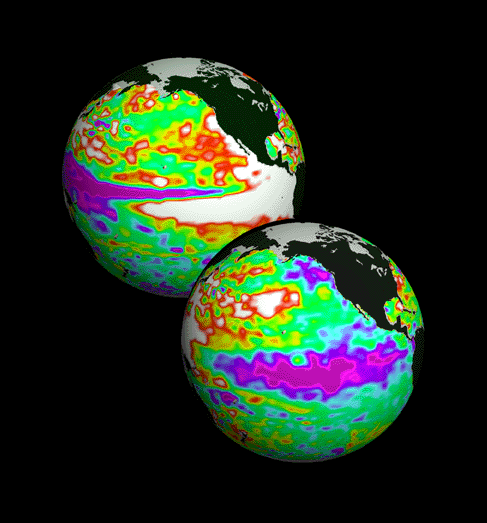Experts are debating a recent paper published by well-known Australasian climate change sceptics. The paper found that climate change is due largely to the effect of the El Nino/Southern Oscillation (ENSO) weather patterns, rather than to man-made influences.
 Published in the Journal of Geophysical Research, the paper compared data from 1958 – 2008 and says that as much as 72% of the difference in global temperatures over decades is due to ENSO, and possibly even more in the tropics.
Published in the Journal of Geophysical Research, the paper compared data from 1958 – 2008 and says that as much as 72% of the difference in global temperatures over decades is due to ENSO, and possibly even more in the tropics.
However, a new paper has quickly been forwarded which refutes this claim. Written by a team of respected climate scientists spanning New Zealand, Australia, Japan, the UK and the US, it says that the previous paper is inaccurate due to its faulty use of filters in analysing the data used.
An excerpt from the paper: (read in full here, or registered users can find it in our Resource Library)
“Unfortunately, their conclusions are seriously in error because their analysis is based on inappropriate application of filters to the data used. It is well established that ENSO accounts for much of the interannual variability in tropospheric temperatures (Trenberth et al. [2002] and references therein). By filtering they have reduced the time series studied to a narrow frequency band, thereby exagerrating what is already well-known.
“Consequently, their estimates are at marked variance with essentially every other study of the connection between ENSO and large-scale temperature variability, particularly with regard to the role of ENSO in any long-term warming trends, that has been carried out over the past two decades.
“In all of these previous analyses, ENSO has been found to describe between 15 and 30% of the interseasonal and longer-term variability in surface and/or lower tropospheric temperature, but little of the global mean warming trend of the past half century.”
The paper has yet to go through the review process, and thus may only be formally published later this year.
The NZ Herald has also covered this issue, and the article can be found here.